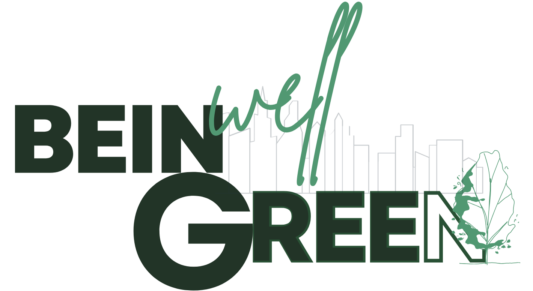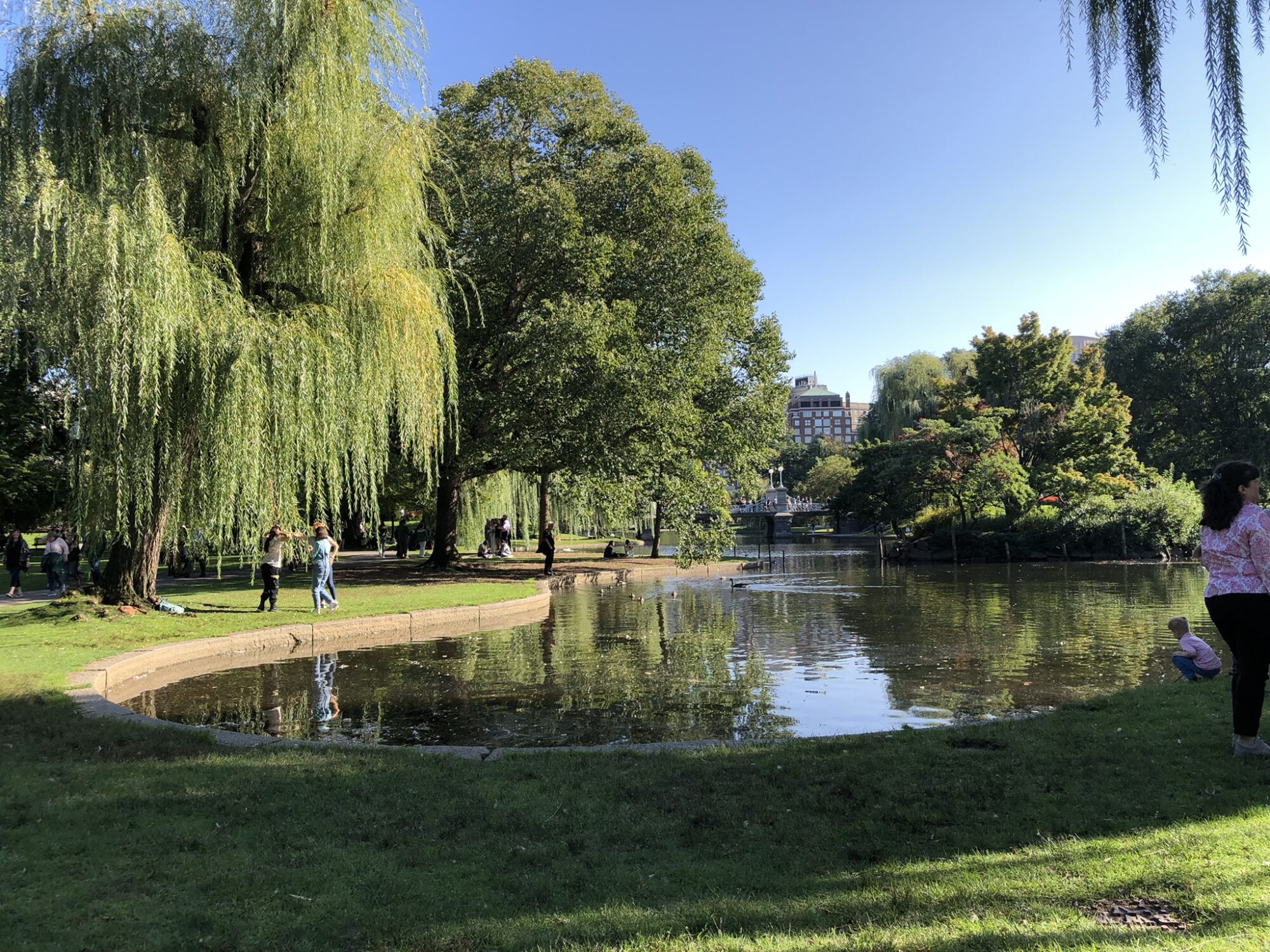About the PhD thesis
- Scope and Objectives
- References
The study of subjective well-being (SWB) has gained increased attention in recent decades. Among the numerous identified determinants of SWB, the spatial context emerges as an important one [1, 2]. Its significance is validated by the enhanced explanatory power of SWB models incorporating spatial dimensions [3, 4]. Concurrently, the profound impact of exposure to nature on individuals’ SWB is widely acknowledged in the literature [5, 6]. Particularly within the urban realm, Urban Green Spaces (UGSs) are found to have a pivotal role in enhancing sustainability and resilience, providing manifold benefits to health and well-being, as well as fostering social cohesion [7]. Despite the abundant scientific evidence establishing this positive relationship [8, 9], only a paucity of research investigates specific UGS attributes in association with SWB. Furthermore, just a scant portion of this research delves into distinguishing between objective and perceived attributes [9].
It is argued that this knowledge gap imposes an obstacle to practicing effective urban planning and policymaking that fosters people’s SWB. Therefore, this Ph.D. thesis explores the relationship and dynamics between UGS attributes and SWB, extending the frontiers of current knowledge. The research contributes to the field by acknowledging the complex nature of cities and therefore identifying both objective and perceived UGS attributes associated with higher SWB levels, along with pathways mediating this relationship. The adopted approach aims to produce a replicable and transferable model, thereby facilitating evidence-based decision-making.
The dissertation enhances the discourse about UGSs and SWB by employing a comprehensive theoretical framework, rigorous methodological tools, and robust data-informed approaches. Doing so will significantly inform the intersection of theory, methodology, and policy-oriented outcomes, yielding valuable insights and transferable findings with practical implications.
- Schwanen T, Atkinson S (2015) Geographies of wellbeing: an introduction. Geogr J 181:98–101. https://doi.org/10.1111/geoj.12132
- Ballas D (2021) The Economic Geography of Happiness. In: Zimmermann KF (ed) Handbook of Labor, Human Resources and Population Economics. Springer International Publishing, Cham, pp 1–24
- Brereton F, Clinch JP, Ferreira S (2008) Happiness, geography and the environment. Ecol Econ 65:386–396. https://doi.org/10.1016/j.ecolecon.2007.07.008
- Oswald AJ, Wu S (2010) Objective Confirmation of Subjective Measures of Human Well-Being: Evidence from the U.S.A. Science 327:576–579. https://doi.org/10.1126/science.1180606
- White MP, Pahl S, Wheeler BW, et al (2017) Natural environments and subjective wellbeing: Different types of exposure are associated with different aspects of wellbeing. Health Place 45:77–84. https://doi.org/10.1016/j.healthplace.2017.03.008
- Robinson JM, Brindley P, Cameron R, et al (2021) Nature’s Role in Supporting Health during the COVID-19 Pandemic: A Geospatial and Socioecological Study. Int J Environ Res Public Health 18:2227. https://doi.org/10.3390/ijerph18052227
- Enssle F, Kabisch N (2020) Urban green spaces for the social interaction, health and well-being of older people— An integrated view of urban ecosystem services and socio-environmental justice. Environ Sci Policy 109:36–44. https://doi.org/10.1016/j.envsci.2020.04.008
- Jabbar M, Yusoff MM, Shafie A (2022) Assessing the role of urban green spaces for human well-being: a systematic review. GeoJournal 87:4405–4423. https://doi.org/10.1007/s10708-021-10474-7
- Reyes-Riveros R, Altamirano A, De La Barrera F, et al (2021) Linking public urban green spaces and human well-being: A systematic review. Urban For Urban Green 61:127105. https://doi.org/10.1016/j.ufug.2021.127105
Publications
Papastergiou, E., Kalogeresis, A., Latinopoulos, D., Ballas, D. The greener, the better? A comprehensive framework for studying the effect of urban green spaces on subjective well-being. Discov Cities 2, 23 (2025). https://doi.org/10.1007/s44327-025-00062-6
Papastergiou, E., Latinopoulos, D., Evdou, M., & Kalogeresis, A. (2023). Exploring Associations between Subjective Well-Being and Non-Market Values When Used in the Evaluation of Urban Green Spaces: A Scoping Review. Land, 12(3), Article 3. https://doi.org/10.3390/land12030700
Book Review
Papastergiou, E. (2024). Cities for Life: How Communities Can Recover from Trauma and Rebuild for Health. Sustainability and Climate Change, 17(1), 30–35. https://doi.org/10.1089/scc.2023.0139
Systematic literature review on the topics of urban greenery, subjective well-being and the links between the two within the urban context.
Analysis of literature findings, establishment of principles and guidelines, and design of the research tool for data collection.
Data collection in the Thessaloniki Urban Area using the research tool developed in the previous phase.
Validity checks and data analysis.
Conclusions and contribution to the field.

